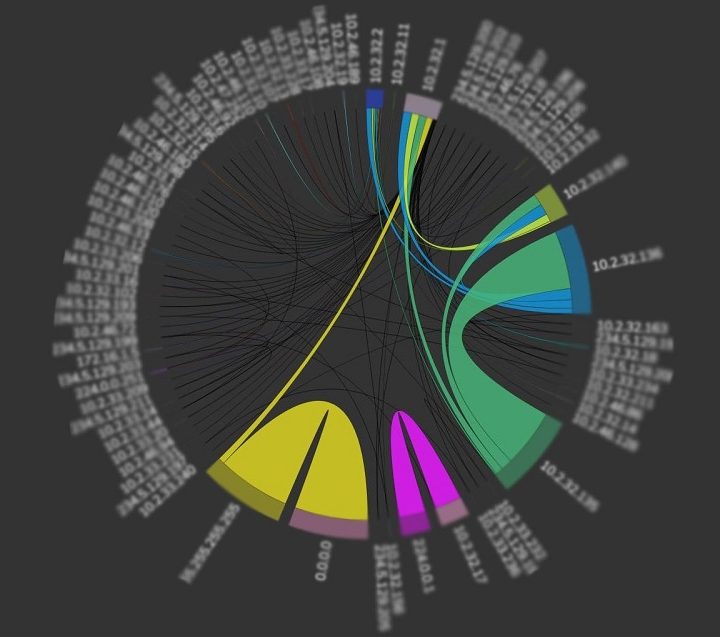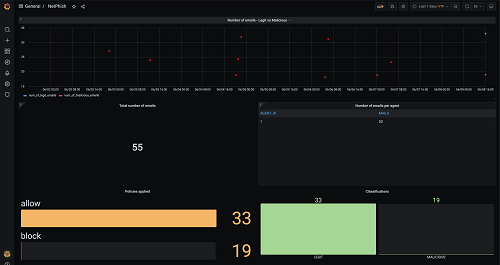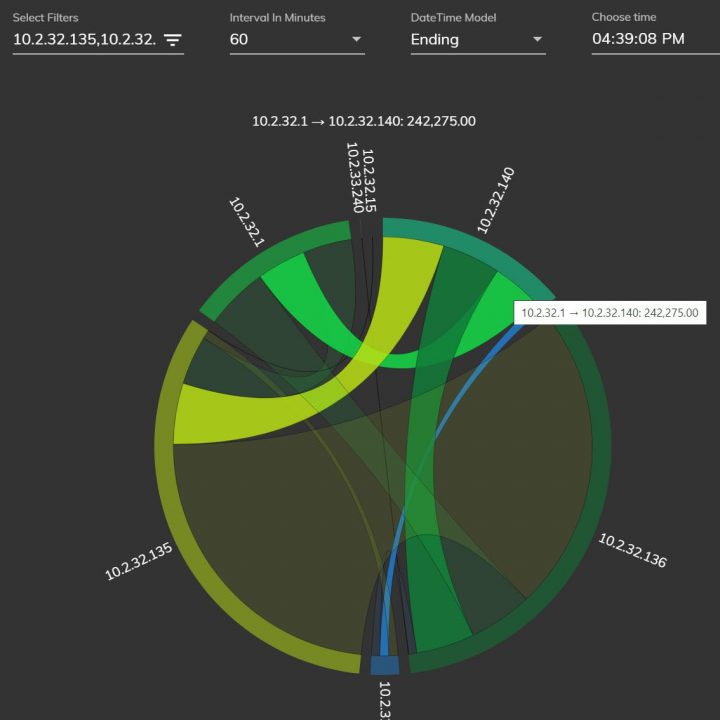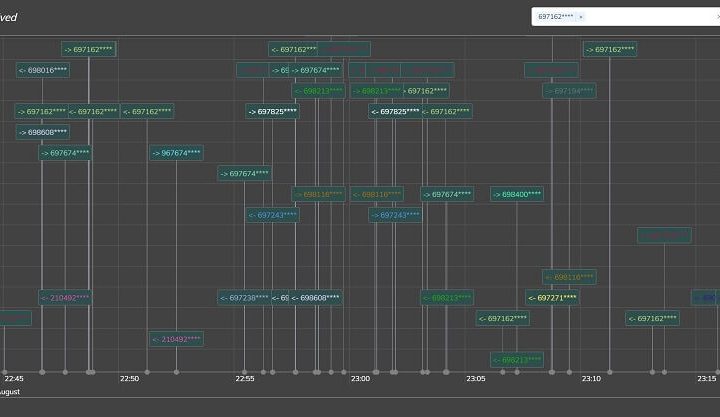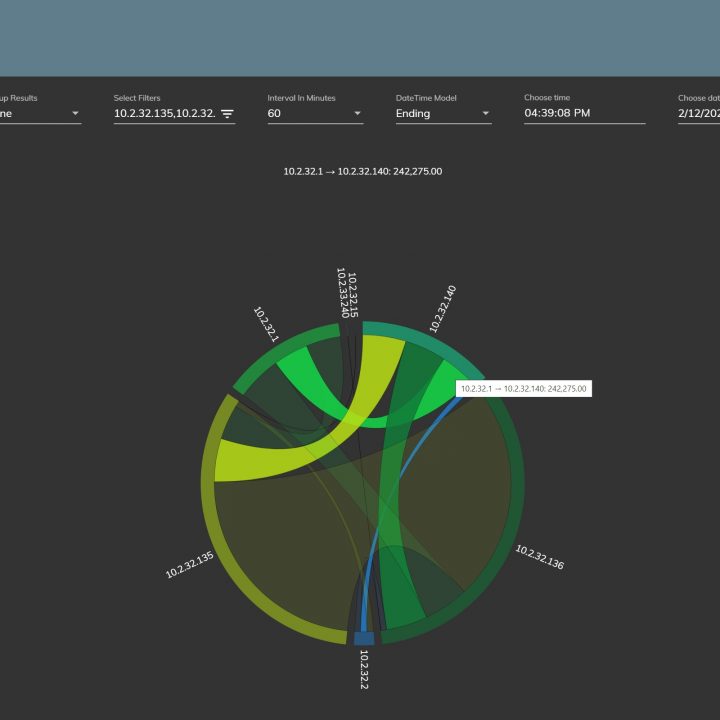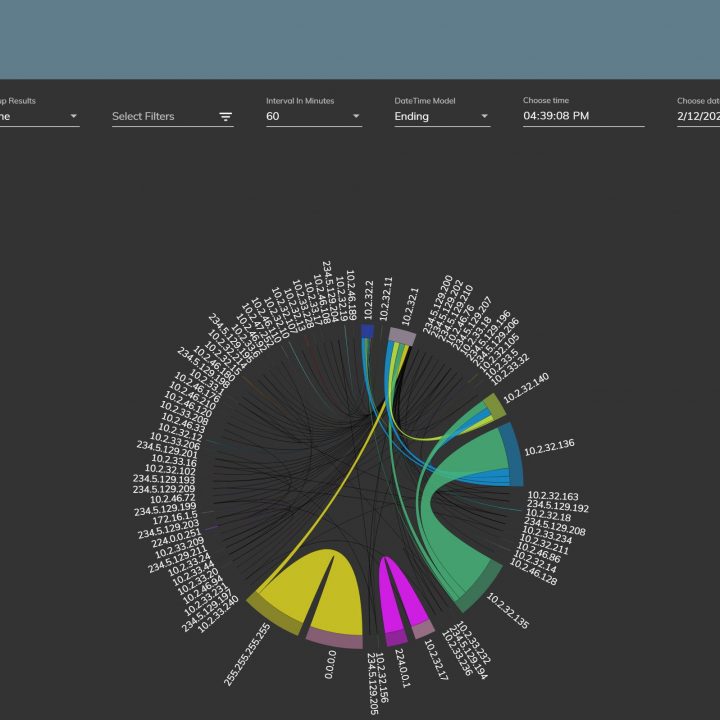The issue
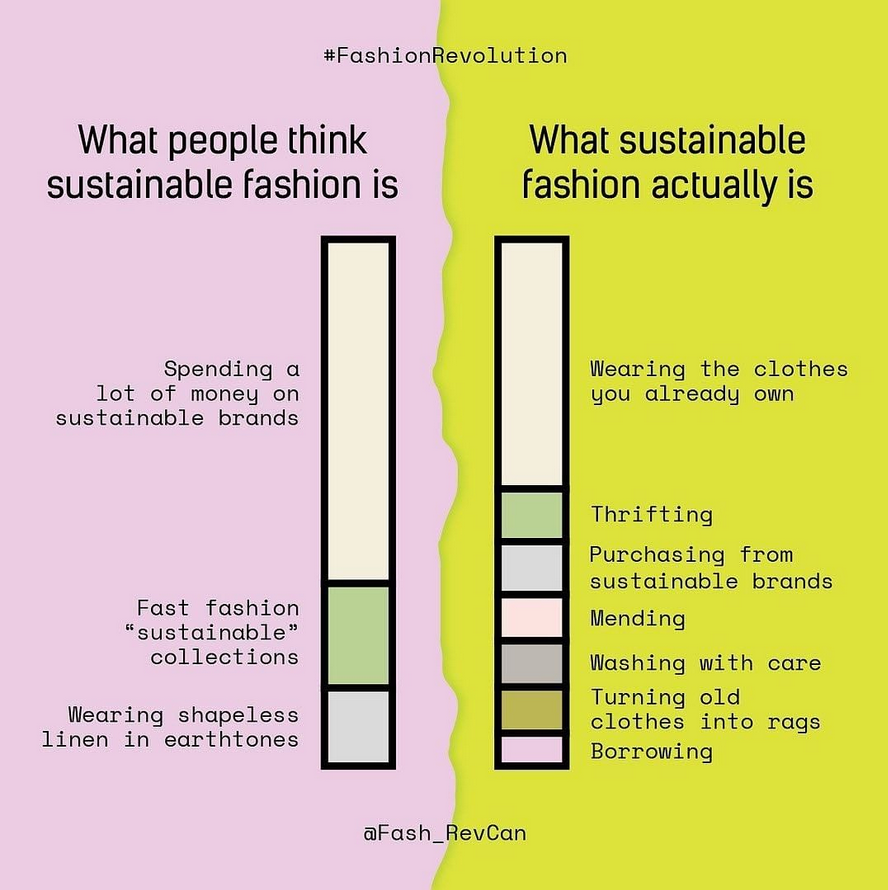
Fashion has been claimed to be one of the most polluting industries with the deepest dives into quantifying its sustainability metrics resulting in estimations from 4% to 10% of the yearly global emissions according to the reports of McKinsey, BCG – Pulse of the Fashion Industry Report, World Economic Forum or the UN. Due to the global nature of the industry as well as its complex, multilevel and not so transparent supply chain, the data used for this quantification are often either proprietary or poor or the methodology is not peer-reviewed or all of the above. However, there is an inherent principle in its function that seems to guarantee its sizable negative impact and its continuous worsening which is the need for accelerating growth linked to shorter production times, cheaper materials and “new lines”. As a result (among others), oil-based synthetic materials with polyester being number one among them have taken over the global fibre production representing more than half of it.




